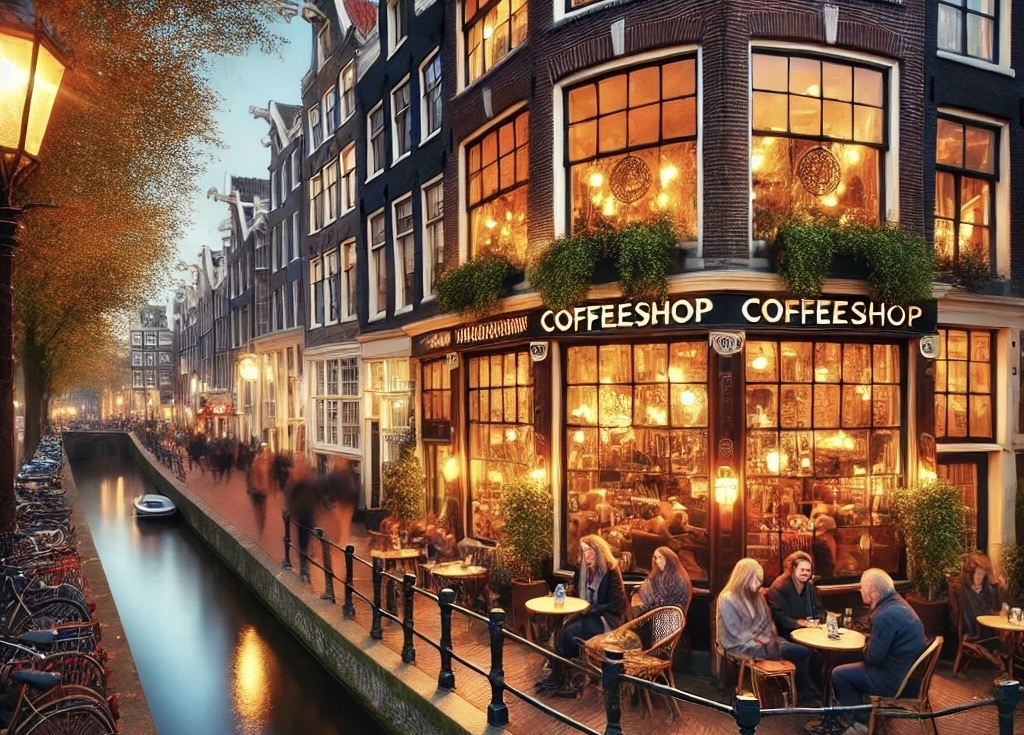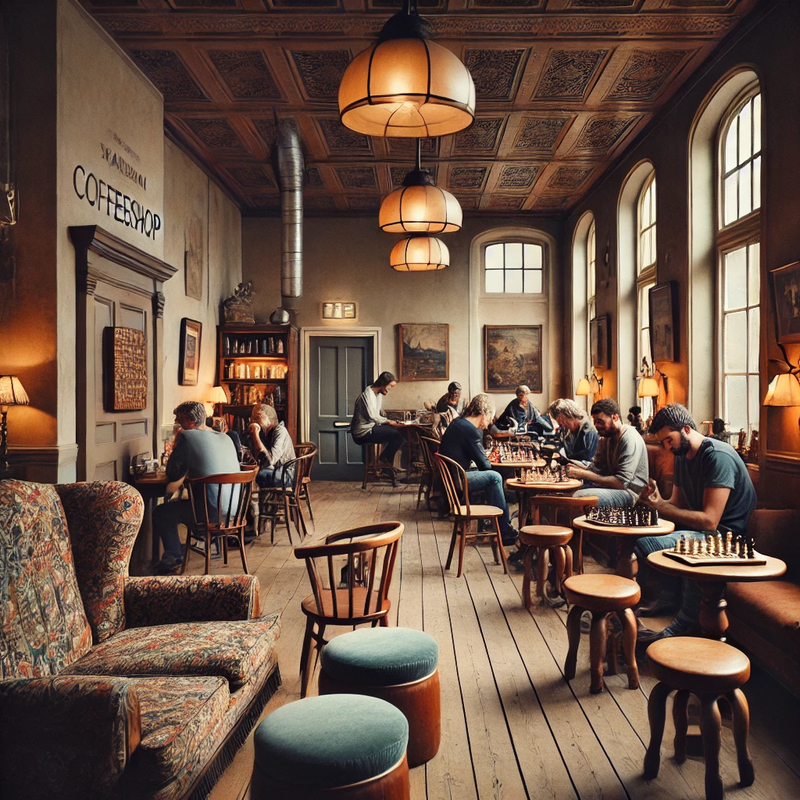
The Netherlands has long held a unique position in global cannabis culture — famed for its tolerant attitude and iconic coffeeshops. But behind this liberal image has always been a paradox: while the sale of small amounts of cannabis in licensed coffeeshops was tolerated, its commercial cultivation remained strictly illegal. That contradiction has now entered a new phase of reform.
In a landmark move, the Dutch government has launched a state-regulated cannabis cultivation experiment. The shift marks a historic moment for both residents and visitors — paving the way for legal cannabis production and, for the first time, allowing coffeeshops in selected municipalities to sell legally grown, quality-controlled cannabis.
What’s Changing?
As of April 2025, 80 coffeeshops across 10 municipalities — including Breda, Tilburg, Arnhem, and Maastricht — must now exclusively source their cannabis from 10 licensed producers. This is part of a four-year pilot programme designed to test how a fully legal supply chain functions in real-world settings.
The goals are multi-faceted:
Eliminate the “backdoor problem”: previously, coffeeshops could legally sell cannabis at the front door, but had to source it illegally out the back.
Reduce criminal involvement: by legalising cultivation, the government hopes to undercut illegal grow operations and criminal networks.
Improve product safety: state-approved growers must follow strict protocols for testing and labelling, ensuring consumers know exactly what they’re buying.
Create a transparent and sustainable market: growers like Hollandse Hoogtes are using solar power, biodegradable packaging, and advanced testing for contaminants, cannabinoids, and terpenes.

What It Means for Locals
Dutch residents living in the participating municipalities will be among the first to benefit from the legal cannabis supply chain. Instead of relying on uncertain origins or inconsistent quality, they can now purchase tested and traceable products directly from their local coffeeshops.
This also empowers local governments, law enforcement, and healthcare professionals to collect real data about how legal supply affects issues like public health, drug tourism, and crime.
What It Means for Tourists
If you’re planning a visit to the Netherlands, here’s what you need to know:
1. Yes, you can still visit coffeeshops – in most places
Most Dutch cities, including Amsterdam, still allow tourists to purchase cannabis in coffeeshops. However, a few cities — most notably Maastricht — have implemented “residents-only” policies to reduce drug tourism. These rules may be more strictly enforced now that the supply chain is being more closely monitored.
2. Expect better product quality
For the first time, coffeeshops in the pilot municipalities will be offering cannabis that has passed rigorous safety checks. This includes testing for:
- Pesticides
- Heavy metals
- Fungal contamination
- Cannabinoid content (THC/CBD levels)
- Terpene profiles
This shift means greater safety and predictability for users — whether you’re trying cannabis for the first time or you’re a seasoned consumer.
3. Check local rules
Even with this progressive shift, public consumption is still regulated. Some municipalities ban smoking cannabis in public spaces, especially in tourist-heavy areas. Always check local signage or ask your coffeeshop for guidance to avoid fines or unpleasant encounters.
4. Supply may differ by city
Not all cities are part of the regulated pilot. This means that in Amsterdam, for example, coffeeshops may still be sourcing from the grey market. While Amsterdam is under pressure to join the programme, it remains outside the trial for now. If your goal is to try legally cultivated cannabis, head to one of the 10 participating cities.
Looking Ahead: The Bigger Picture
This state-run trial is more than a domestic policy shift — it’s being watched closely by governments, regulators, and industry experts around the world. For years, the Netherlands was praised for its tolerant approach but criticised for failing to regulate supply. This new phase marks a step toward a fully legal, controlled, and accountable cannabis market.
If the four-year pilot proves successful, it could reshape Dutch drug policy entirely — moving from tolerance to full legalisation, and from an informal culture to a structured, transparent industry.
As Breda’s mayor Paul Depla put it, this is an opportunity to finally align the “front door” and “back door” of cannabis sales and see how regulated cultivation impacts safety, crime, and quality of life.
In Summary: Key Takeaways for Visitors
- Tourists are still welcome in most coffeeshops, but check local policies before you go.
- Legally grown cannabis is now available in 10 municipalities, offering tested, safer products.
- Amsterdam is not part of the pilot yet — for a taste of the regulated system, try Breda, Tilburg, or Arnhem.
- Respect local laws on public consumption and always ask if you’re unsure.
- The experiment is just beginning, with the potential to change cannabis laws in the Netherlands — and beyond.
Published 16th April 2025





